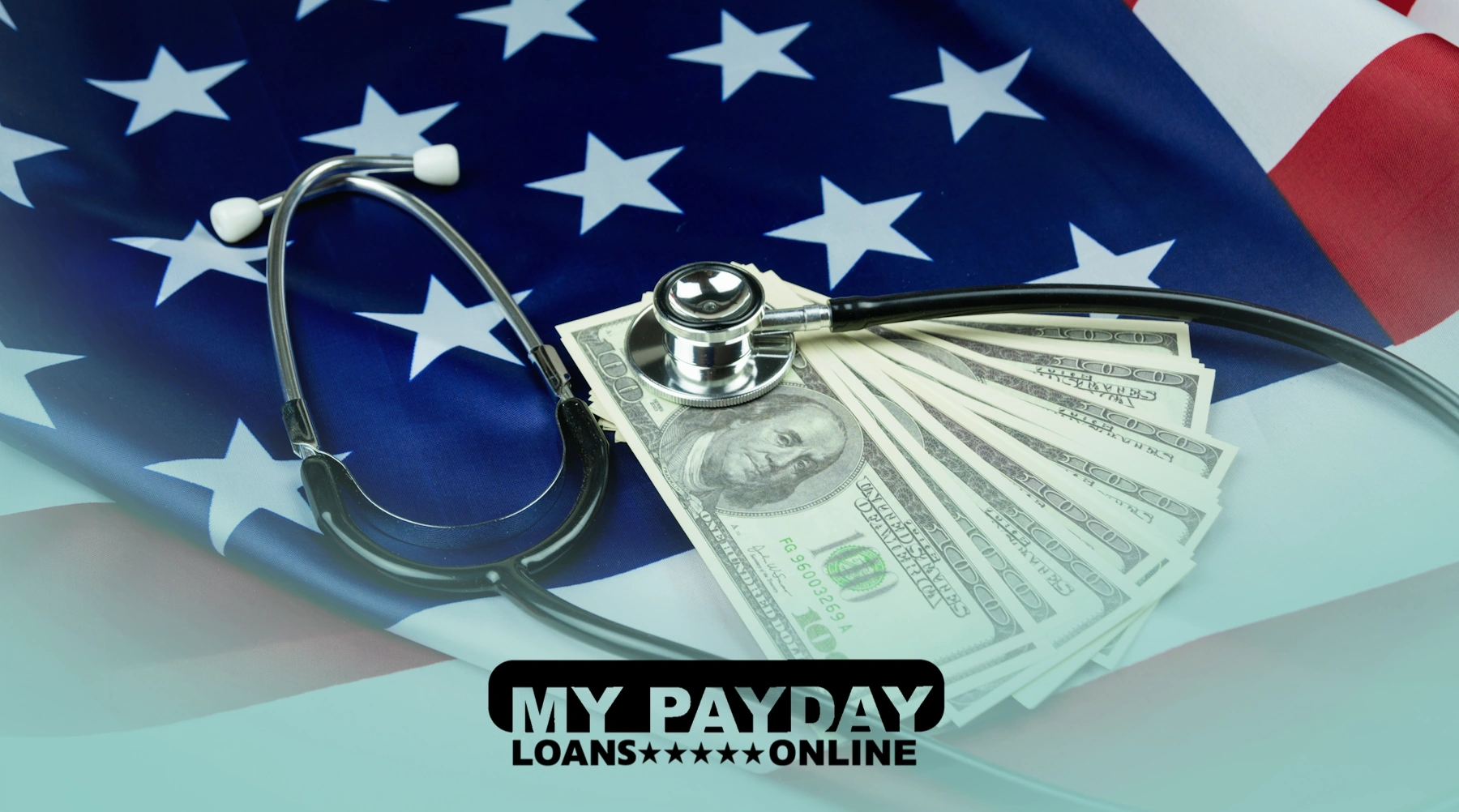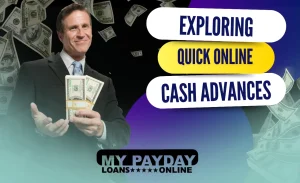$5000 Dollar Loans

$5,000 Personal Loan with Bad Credit: A Path to Financial Freedom
There is no denial in the fact that life is full of unexpected financial surprises and expenses. An individual is often plagued by situations like a sudden car repair, emergency medical bill, submission of the university fees, etc. The situation becomes worse if the user has a poor or bad credit history. It makes things difficult for them as they face challenges in finding a reliable loan offer for their assistance. It often leaves them helpless while they keep searching for help.
That’s when My Payday Loans Online entered the picture. We have been offering $5000 loans to individuals with bad credit history. It is because we understand that the past credit history won’t define the borrower’s future. We aim to bring their lives back on track by offering them a much needed loan amount. Before we proceed, let us discuss why users must opt for a $5000 personal loan.
Why Choose a $5000 Personal Loan?
Opting for a $5000 personal loan can prove to be a wise decision for the borrower. It provides the much needed assistance to make important purchases or handle unexpected expenses. The reasons why applying for a $5000 personal loan is a wise choice are:
Manage Unexpected Costs
Emergencies can happen without any intimation. A $5000 loan can help users cover the unexpected costs like urgent home improvement, a medical emergency, etc. The best thing about the loan is that it does not cause any burden on the individual’s pocket.
Debt Consolidation
You can use the loan amount to consolidate high-interest credit card balances or other debts into a single monthly payment. The borrower needs to pay the loan at a lower interest rate which is a feasible option for them.
Invest In Your Future
The funds can be utilized to invest in something profitable. It will add long-term value to your life and yield the much needed desired results for the user in the long run.
Let us now discuss whether a user can get a $5000 personal loan if they have bad credit history.
Can You Get a $5000 Personal Loan With Bad Credit?
If a user has a poor or bad credit history, they should not worry about getting a loan of such a high amount. We at Payday Loans Online specialize in providing loans to individuals with less than perfect credit history. We firmly believe that every user deserves a fair chance to have access to financial support when they need it the most. We make it possible via:
Flexible Lending Criteria
We focus on assessing the overall financial situation of the user. We are not like traditional lenders who heavily rely on credit scores. It means that we evaluate a certain set of factors like employment stability, income, and the loan repayment ability of the borrower.
Quick Approval Process
We understand the importance of time during an emergency situation. That’s why our smooth and efficient application process ensures that a user gets a fast decision. The decision is often conveyed within a few minutes. It allows the user to have immediate access to the funds when they need it most.
Transparent Terms
We don’t believe in charging any hidden fees or any other associated costs. We are upfront about the costs that are involved during the loan process. It gives an exact idea to the user of what they can expect.
Let’s now discuss how a user can easily apply for the loan at My Payday Loans Online.
How To Apply For a $5000 Personal Loan With Bad Credit?
It is a simple and hassle-free process for the user to apply for a $5000 personal loan with bad credit at My Payday Loans Online. The step-by-step guide will help facilitate better understanding.
Step 1: Fill Out The Application Form
The very first step involved is filling the online loan application. The user must provide their basic information in the form. They need not worry about the security of their information as our process is secure. Moreover, our process is designed to protect your privacy.
Step 2: Get An Instant Decision
The user can expect an instant decision after they submit their application form. We aim to provide a quick answer to the user as we understand it is stressful for the user to wait for long.
Step 3: Review Your Loan Terms
Our team will share the loan offer with the borrower after the application is approved. The offer will outline the loan terms which includes repayment schedule, interest rate to be levied on the loan, or any associated fees. The user can take time to review the terms. They must ensure that they are comfortable with the loan terms before accepting the offer.
Step 4: Receive Your Funds
The funds will be directly deposited in the borrower’s bank account once they give their consent to the loan offer. The money will be credited in their bank account within 24 hours. It depends on the processing time of the borrower’s bank.
What Factors Are To Be Considered Before Applying For The Loan?
It is essential for the user to consider the following factors before applying for the loan. It is true that a $5000 personal loan with bad credit can be a lifesaver, but it is necessary for the borrower to ensure that they are making the right decision while applying for the loan. The factors involved are:
Interest Rates
It is worth noting that higher interest rates will be charged if the user has a bad credit history. Therefore, they must carefully review the loan’s interest rate. They must ensure that it fits within their budget limit.
Repayment Schedule
Opting for a repayment plan that aligns with their financial capabilities is considered to be an ideal choice. Even though stretching the loan term can lower down the monthly payments, it can increase the total interest to be paid over time.
Fees and Charges
We at My Payday Loans Online pride ourselves on maintaining transparent relations with all our customers. The user will be conveyed of any upfront fees that will be charged on the loan amount.
Benefits of Choosing My Payday Loans Online For The Loan
The user can enjoy multiple benefits when they decide to connect with the team of My Payday Loans Online for $4000 online loans. Some of the major benefits are:
Specialists in Bad Credit Loans
Your credit score won’t have any influence on our decision. We aim to help you find a loan solution that is tailored to meet your specific needs.
Simple Application Process
We believe that the loan application process should not be complicated. Our online platform is designed to make the loan application process stress-free and straightforward for all our users.
Fast Funding
We duly understand that financial emergencies arrive unexpectedly. That’s why our focus is always on quick funding. It allows the user to have immediate access to the fund in the time of need.
No Hidden Fees
Transparency is the ideal key for maintaining long lasting relations. We provide clear terms and don’t charge any hidden charges on the loans. It gives an exact idea to the user about what they are signing for.
Ready To Apply? Take The Very First Step Today!
Don’t let the bad credit history stop you from applying for loans during the emergency. Connect with us today and get the much needed help. We will make it easy for you to get a $5000 personal loan without any fuss. Our dedicated team of professionals is always available to guide you at every step. We aim to ensure that you make a well-informed decision.
Apply for the loan today and take the very first step towards the financial freedom for which you have been waiting for long.




